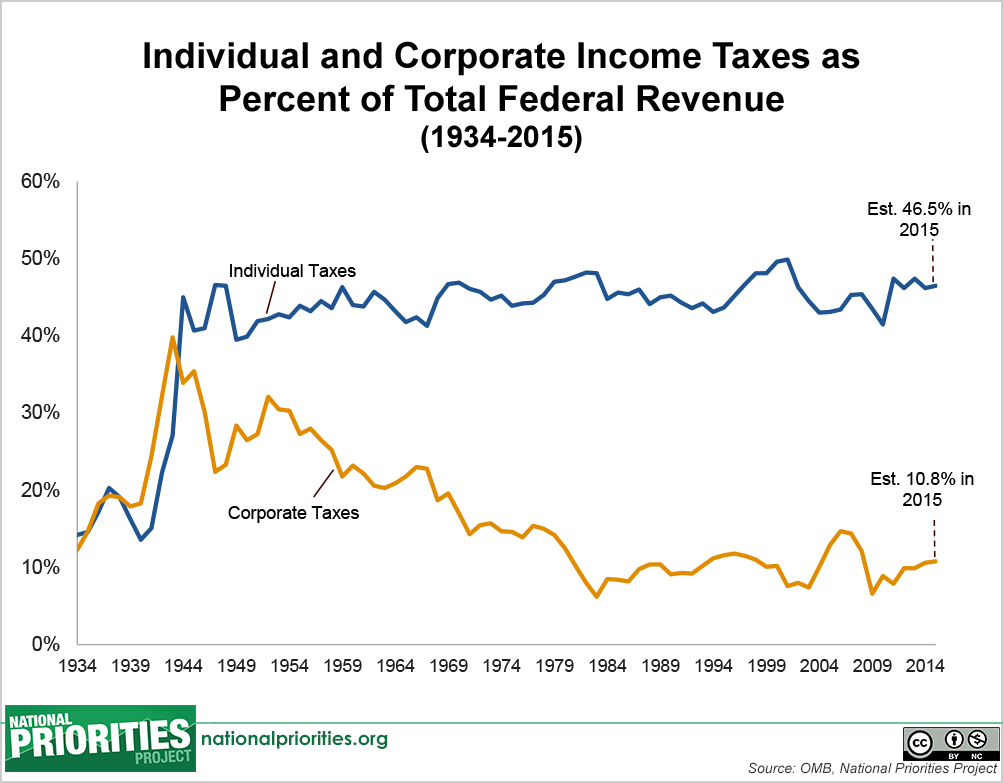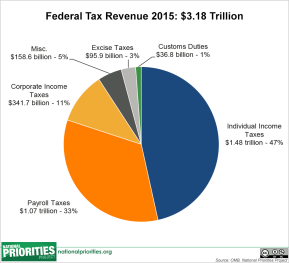paecon | This paper examines several mainstream explanations of the financial crisis and
stagnation and the role they attribute to income inequality. Those explanations are
contrasted with a structural Keynesian explanation. The role of income inequality
differs substantially, giving rise to different policy recommendations. That highlights
the critical importance of economic theory. Theory shapes the way we understand the
world, thereby shaping how we respond to it. The theoretical narrative we adopt
therefore implicitly shapes policy. That observation applies forcefully to the issue of
income inequality, the financial crisis and stagnation, making it critical we get the story
right.
This paper explores competing stories about the role of income inequality in the financial
crisis of 2008 and the ensuing stagnation. At one level, the paper is a purely analytical
exercise. At another level, there is a deeper purpose regarding exposing the neoclassical
monopoly in economics that has destroyed pluralism and distorted economic debate and
policy making.
An open-minded pluralistic economics demands representation of all economic theories that
provide a logically coherent explanation of the economy consistent with the facts as we know
them. But that is not how economics is practiced owing to the neoclassical monopoly.
Pluralism is not just important as an intellectual aspiration. It is also important in practical
terms for delivering sound economic policy. Theory shapes how we understand the world,
which in turn influences how we respond to events. Theory is a form of story-telling, and the
stories we tell shape our understanding of the economy and economic policy. That means the
stories we tell are critical.



0 comments:
Post a Comment